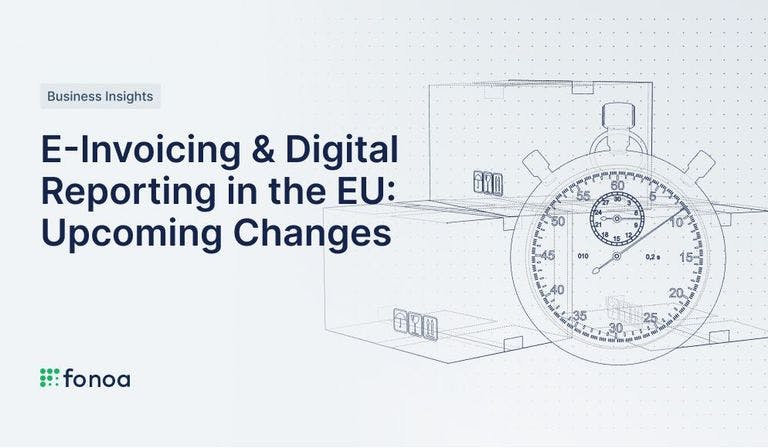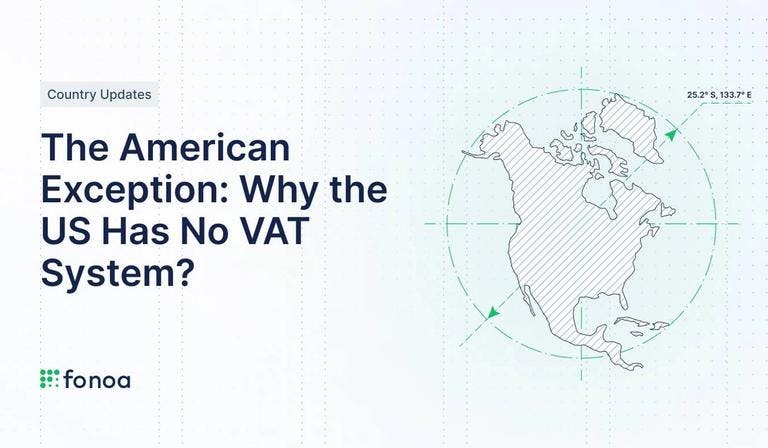Ecuador E-invoicing & Digital Reporting Guide
Ecuador Electronic Invoicing Requirements
Questions About E-Invoicing in Ecuador?
Contact our expertsBackground
Ecuador implemented e-invoicing in 2015. Since then, it has become mandatory for an increasing number of taxpayers. From 2022, all taxpayers registered for VAT, except those considered small businesses in the simplified regime, should issue an e-invoice for any transaction higher than USD 4.
What Types of Businesses Does This Apply to?
All businesses registered for VAT purposes, except those considered small businesses in the simplified regime, should issue an e-invoice for any transaction higher than USD 4.
Governmental Body Responsible for E-invoicing in Ecuador
SRI (Servicio de Rentas Internas - Tax Authority) is the governmental body responsible for invoicing in Ecuador.
Penalties for Not Adhering to Ecuador's E-invoice Mandates
For failure to issue invoices, a fine between USD 30 to USD 1,500 per relevant period.
What does the e-invoicing process in Ecuador look like?
- Creation: The invoice is created according to the data continent and format requirements of SRI.
- Signed: Using the electronic signature certificate and a digital signature algorithm, the invoice is signed so that the SRI can verify its legitimacy.
- SRI sending: The invoice is sent to the SRI to be processed.
- SRI authorization consultation: After a waiting period (maximum 24 hours), SRI consults the authorization of the invoice.
- Returning documents to issuer: The digitally signed XML, the SRI response and a graphical representation of the XML are delivered to the invoice issuer.
- Sending by email: The invoice is sent to the email address of the recipient of the invoice, if a valid email address was provided at the time of issuing the invoice.
Is SAF-T Needed in Ecuador?
No.
Questions About E-Invoicing in Ecuador?
Contact our expertsE-Invoicing & Global Tax Automation with Fonoa
One way to comply with Digital Reporting Requirements in Ecuador is to use a provider like Fonoa.
With Fonoa you can:
- Have one integration for your global needs, including Ecuador
- Save time and money by automatically cleaning your data to minimize errors and manual work
- Utilize our validation mechanisms to ensure reporting accuracy, data completeness, full control, and compliance
- Rest assured that transactions are successfully reported or queued for internal investigation with our retry mechanisms
- Get full visibility with our dashboards by filtering criteria, analyzing granular transaction data, and quickly importing /exporting information





